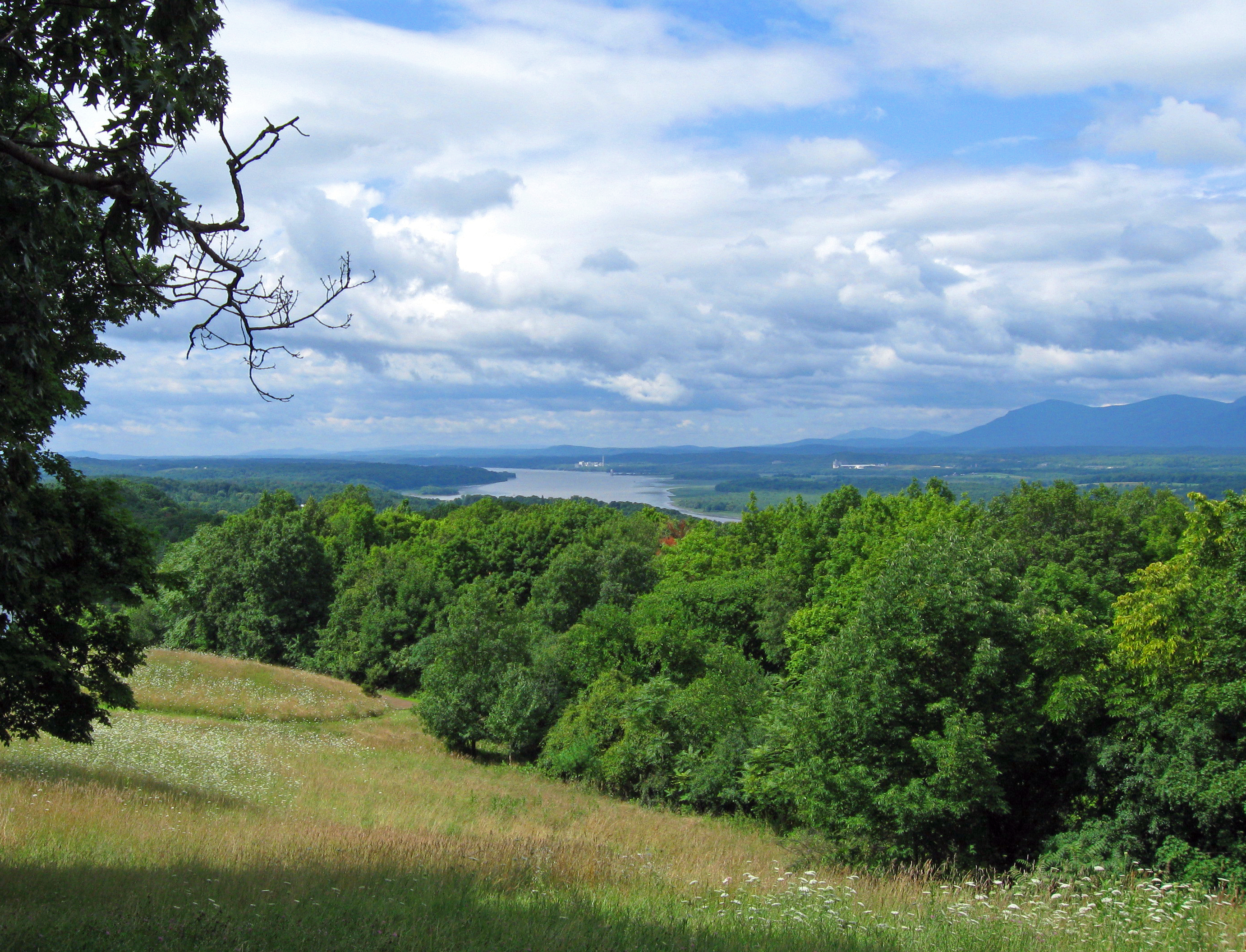This week’s Top Ten Tuesday topic is a great one—either ten historical settings you love, or ten historical settings you’d love to see in books. I decided to go with the latter. My picks may wobble back and forth over the line between “setting” and “subject,” but it’s close enough, isn’t it? They’re not in order, just roughly categorical.
1) Westerns set in the early 20th century. A lot of Westerns nowadays seems to lean toward an 1870s or 1880s setting (which is perfectly fine), but when I began reading early Western fiction I was surprised to find a lot of it was set around the time it was written: from the turn of the 20th century up to the beginning of WWI, and even on into the early ’20s. It’s an interesting dynamic—the mingling of increasing modernity like automobiles and telephones with a still-existent frontier—and it’s a lot of fun to read.

2) Cavalry westerns. Here’s a branch of the genre that doesn’t seem to have been explored half as far as others. In film the cavalry western is a recognized subgenre, and some short-story writers have tried it, but how about some novels featuring soldiers and their families on frontier outposts?
3) Far west theater of the Civil War. I’m most familiar with the eastern campaigns of the Civil War, and enjoy reading about them, but I can’t help thinking there must be a lot of unexplored material for good stories in the events of the war in places like Texas, Missouri and Kansas—states that were divided in sympathies and also possess a frontier element to the setting.
4) More Great Depression fiction, but not just about the Dust Bowl and migrant workers. How about exploring the impact the Depression had on average middle class families from the farms and small towns of New England and the Midwest? (Bonus: what was the Depression like in other parts of the world besides America?)

5) Edwardian-era fiction set in small towns and among more middle-class characters. Most authors seem drawn to the glamorous heights of Gilded Age high society, and you can’t really be surprised or blame them, but I’m always interested in the everyday life of a given time period, and it would be nice to see more good novels with that kind of setting.
6) Victorian or Edwardian novels set in the Alpine countries of Europe. We’ve had our fair share of stately English manor-houses (and even American ones) in this era—and I’m just crazy about the gorgeous mountain scenery of Alpine countries like Austria, Switzerland, and even France and Italy. Wouldn’t it make a wonderful background for a historical novel?

7) Classy mysteries set in the 1940s. Basically I wish some author could capture on the page the atmosphere that makes the ’40s one of my favorite decades of classic film—the world of fedoras and trench coats, posh apartments and elegant evening gowns, taxicabs and telegrams—without it being merely a hard-boiled spy thriller or a cheap imitation of film noir. (Attempting this myself is a writing pipe-dream of mine.)
8) Pacific theater of World War II. Maybe I’m wrong, but it seems to me that the European front gets a lot more attention in fiction. I’ve read a lot of deeply interesting nonfiction about the Pacific that seems like it would make great material for stories.
9) Fiction set in the 1940s that isn’t necessarily about WWII—novels set in the post-war years, or home-front stories where the war merely forms a background. Basically I just like this decade as a setting…

10) Upstate New York. Now, this is a pretty personal pick, since I’ve lived here all my life. Though it’s an area rich in early American history, the only historical novels I’ve encountered with a real upstate setting are Cooper’s The Last of the Mohicans and Kenneth Roberts’ Rabble in Arms. Plus in the 19th and early 20th centuries, the city of Troy was a thriving manufacturing city teeming with industry and a destination for European immigrants. It’s just waiting for someone to make a fascinating novel out of it.
Of course, being a writer myself, I’ve toyed with all of these as “someday-ideas” with varying degrees of seriousness…so if a few years down the road you see a book in one of these settings under my name, you heard about it here first.
What are some historical settings you’d like to see more of?

 This little piece was written in 2015 off a prompt of “dialogue about fireworks.”
This little piece was written in 2015 off a prompt of “dialogue about fireworks.”